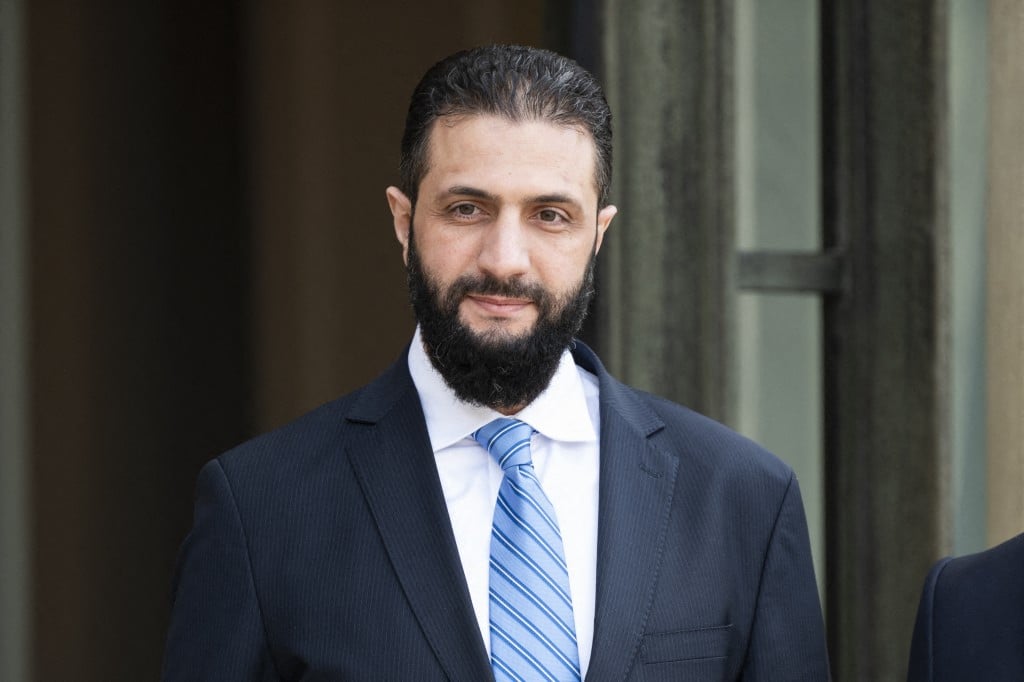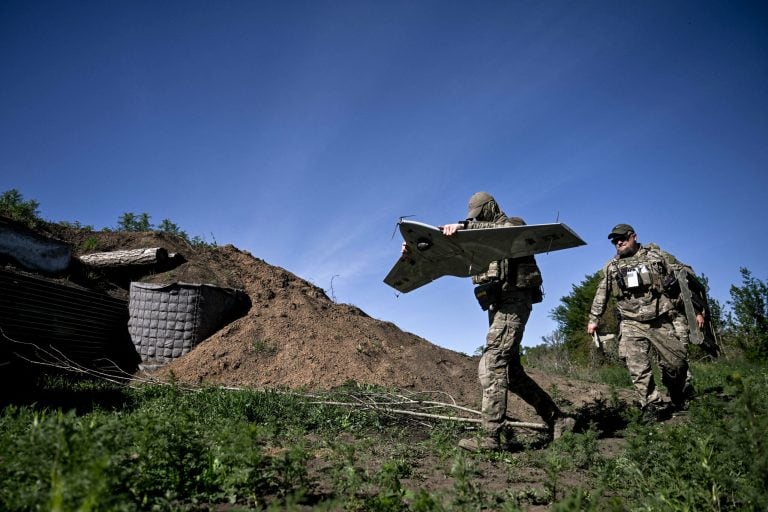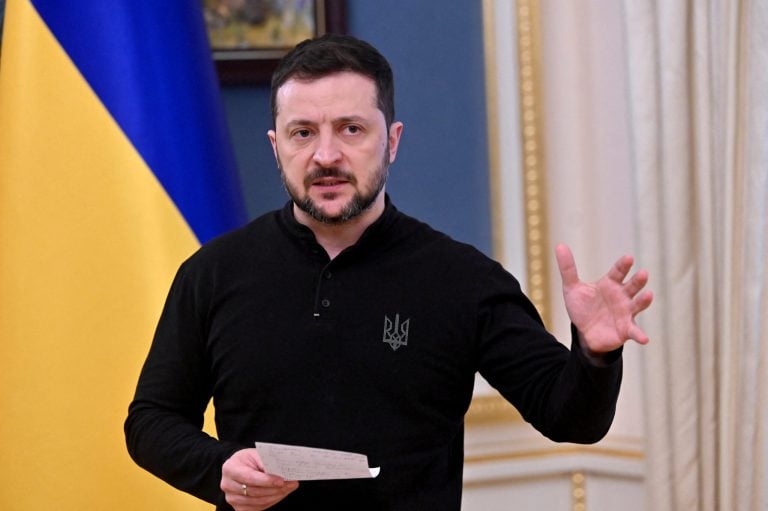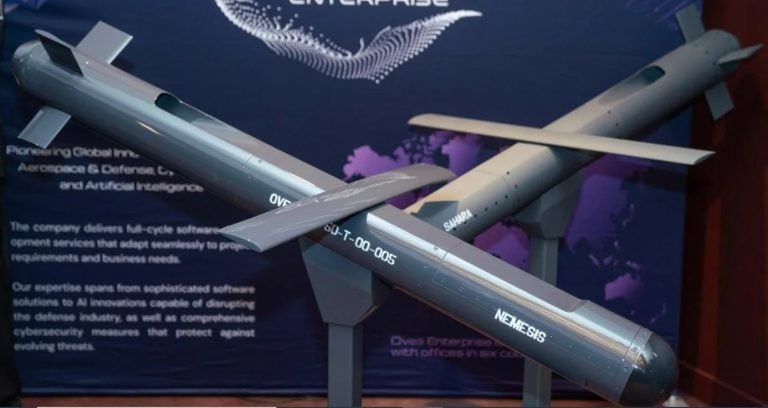In a significant diplomatic development, US President Donald Trump met with Syria’s new leader, Ahmed al-Sharaa, during a state visit to Riyadh, marking the first encounter between a sitting US president and a Syrian leader in 25 years. Al-Sharaa, who previously led the ousting of Bashar al-Assad and was once on a US wanted list for his involvement in Islamist activities, shook hands with Trump amidst a backdrop of regional leaders, including Saudi Arabia’s Crown Prince Mohammed bin Salman and Turkish President Recep Tayyip Erdogan, a key supporter of the new Syrian government.
During the meeting, Trump urged al-Sharaa to normalize relations with Israel, encouraging Syria to join the Abraham Accords, a set of agreements that have seen several Gulf Arab states normalize their relations with Israel. This push for reconciliation comes at a time when Israel has expressed skepticism about the new Syrian leadership and has increased military operations aimed at weakening Syria’s military capabilities.
In addition to his call for normalization with Israel, Trump requested that the new Syrian administration deport Palestinian militants, ensure that foreign fighters leave the country, and take control of camps housing captured Islamic State fighters, currently managed by Kurdish forces that Turkey opposes. Syrian state media did not mention these specific requests, instead framing the meeting as a positive step toward a partnership in counterterrorism and acknowledging the importance of lifting sanctions and supporting the country’s reconstruction.
Trump emphasized the crippling nature of the sanctions that have long burdened Syria, describing the lifting of these restrictions as providing a vital opportunity for the war-torn nation. His announcement drew significant applause at an investment forum in Riyadh, indicating a positive reception to the potential shift in US-Syrian relations. Following the announcement, celebrations erupted in downtown Damascus, with many expressing hope for a brighter future following the easing of sanctions.
Syria’s foreign ministry hailed the meeting as “historic,” highlighting discussions about potential cooperation with the United States. However, the ministry did not address Trump’s call for normalization with Israel. The lifting of sanctions could enable Syria to reintegrate into the global economy, facilitating investment and reconstruction efforts that have been stunted due to ongoing restrictions related to the Assad regime’s actions during the civil war.
Political analysts noted that lifting sanctions would create opportunities for Syria to receive much-needed funding while restoring central government authority and initiating reconstruction projects. Meanwhile, as Trump navigates these diplomatic waters, questions arise around the implications of his upcoming visit to Qatar, where the nation’s controversial offer of a luxury aircraft for presidential use has sparked ethical and constitutional debates. This trip comes after Qatar facilitated the release of a US-Israeli dual national held by Hamas, further emphasizing its role as a significant intermediary in the region.







